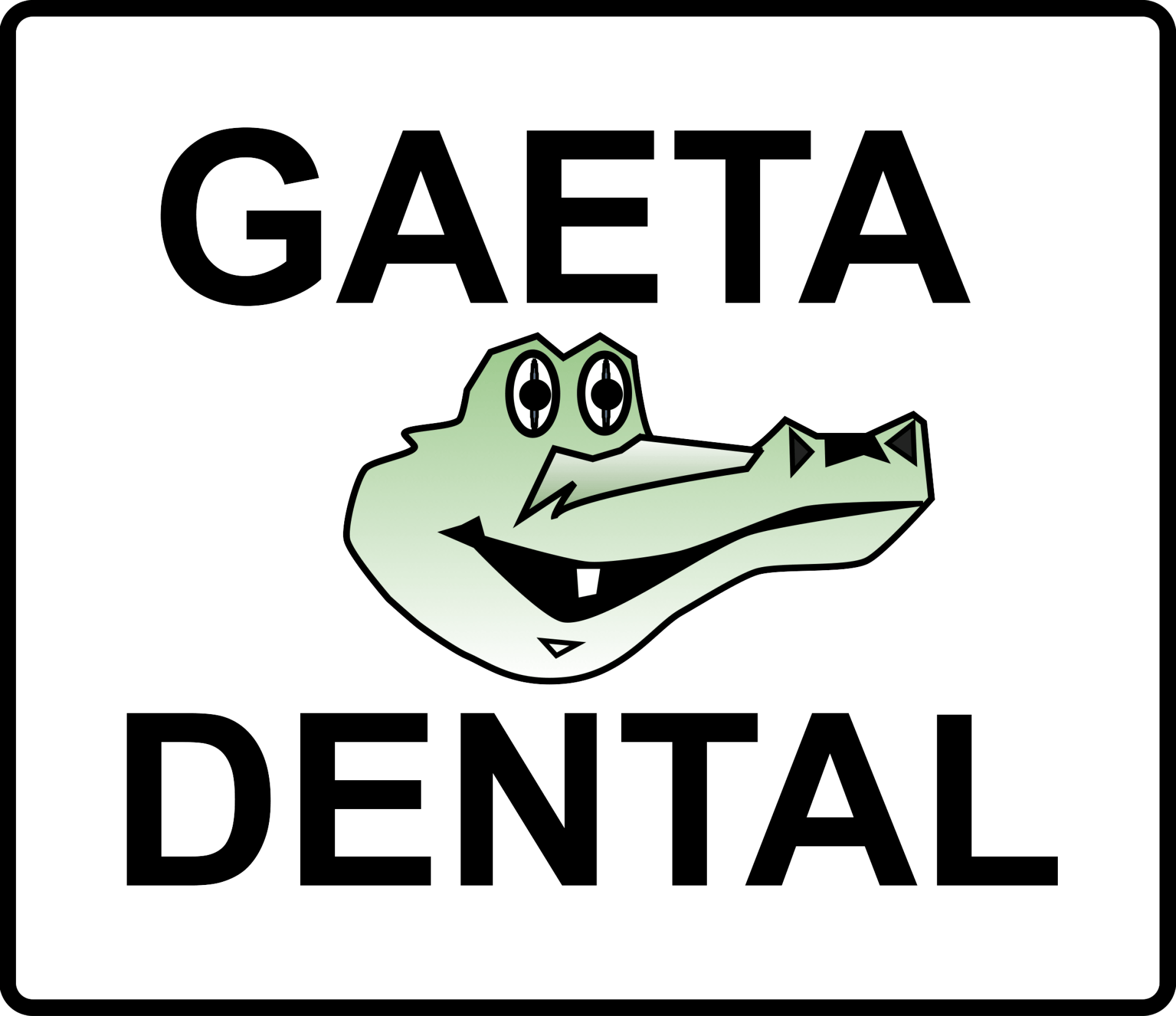The General Dental Council (GDC)
The UK’s dental regulator. Its role is to protect dental patients.
By law, dental professionals must be registered with us to work in the UK and must meet its high standards.
https://www.gdc-uk.org/standards-guidance/information-for-patients-public
https://www.bacdt.org.uk/wp-content/uploads/2020/07/BACDT-Aftercare-Brochure_email.pdf
PATIENT DENTURE INFORMATION
What are Dentures
Are an acrylic/chrome dental appliance (removable device) that fits into the mouth, to replace missing teeth.
A Full & Full Top and bottom
A Partial some natural teeth remaining.Upper, lower or both.
Denture’s stay in place by forming a suction between the soft tissue of the gum and denture, this is why at first the new denture is quite tight fitting, this helps to keep them in place as securely as possible.
It can take up to 4-8 weeks to get accustomed to wearing a new denture for the first time. It really depends on each individual person.
The dentures may feel quite bulky at first and you may produce a little more saliva than usual. This is perfectly normal, as you wear them more, this lessens and you will become more confident and perhaps more able to talk naturally, without feeling self conscious.
Do give yourself time to adjust, and enjoy your new smile. If after a while, you are still finding that your denture’s are rubbing, contact us, we will adjust them for you free of charge.
How long will it take to adjust to wearing a new denture.
Weeks 1-2
This is the adjusting stage. Your mouth can feel dry or produce excess saliva. A new denture may feel bulky at first, you may experience soreness in places. Please try to persevere, as this is quite normal. Dentures need time to settle in and adjust in the mouth.Try eating some soft foods for this week and cutting food into small pieces helps. Remove your dentures if you are experiencing discomfort that is hard to cope with and gradually try them in for longer periods. It is important that you clean your dentures and remove them at night to allow your mouth and gums to rest from the pressures of a denture, this also reduces bacteria and promotes a healthier mouth. Warm salt water rinses help the healing process.
Week 3-4
Gradually your gums will adapt to wearing a denture and you will be able to eat and chew your food successfully. You will need to give more time, especially if you have recently had teeth extracted. Your speech, eating, chewing and saliva flow should start to improve. If you are still experiencing very sore spots, make an appointment to see Joe and we shall adjust your denture accordingly.
Week 5+
Congratulations! by now your dentures are feeling better and you are adapting to a new way of chewing eating and talking. If you have persevered and been successful, your dentures should give you many years of happy eating along with a great smile. Dentures will last 5-10 years before the need to replace. If you had extractions before your new denture, a reline may be required a few months later. This is due to shrinkage, this naturally occurs and your denture becomes loose. Make an appointment with Joe and we will reline them for you. Please remember to visit your dentist every year for an annual mouth checkup, even if you have no remaining teeth. Enjoy your new dentures! please don’t hesitate in calling us if you still have any concerns about your denture.
Denture care: How do I clean dentures?
What's the best way to care for your dentures?
- Remove and rinse dentures after eating. Run water over your dentures to remove food debris and other loose particles. You may want to place a towel on or in the sink so that the dentures won't break if you drop them.
- Clean your mouth after removing your dentures. Use a soft-bristled toothbrush on natural teeth and gauze or a soft denture toothbrush to clean your tongue and palate.
- Scrub your dentures at least daily. Gently scrub your dentures using a denture cleaner, mild soap or dishwashing liquid and a denture brush or soft toothbrush to remove food, plaque and other deposits. Avoid stiff-bristled brushes, strong cleansers and harsh toothpaste, as these are too abrasive and can damage your dentures. Toothpastes advertised as whitening pastes are especially abrasive and should be avoided with removable dentures.
- Handle your dentures carefully. Be sure you don't bend or damage your denture especially any with plastic or metal clasps. Take care that you are using the correct cleaning soak as some contain corrosives (Chlorine) and could damage or tarnish the metal components on your Chrome dentures. Always contact your dentist or (CDT) who will be more than happy to advise.
- Soak dentures overnight. Most types of dentures need to remain moist to keep their shape. Place the dentures in water or a mild denture-soaking solution overnight. Check with your dentist or Clinical Dental Technician about properly storing your dentures overnight.
- Rinse dentures before putting them back in your mouth, especially if using a denture-soaking solution. Please take care, these solutions can contain harmful chemicals that cause vomiting, pain or burns if swallowed.
- Regular dental checkups. Your dentist or Clinical Dental Technician (CDT) will advise you about how often to visit to have your dentures examined and professionally cleaned. Your dentist or (CDT) can help ensure a proper fit to prevent slippage and discomfort call us promptly if your dentures become loose as this can cause irritation, sores and infection.



